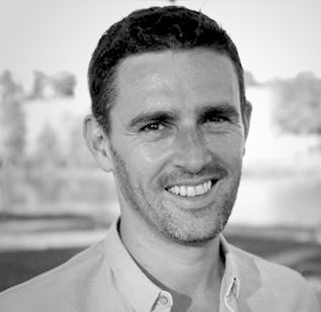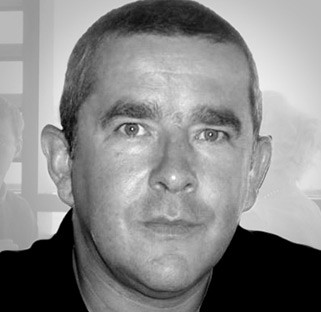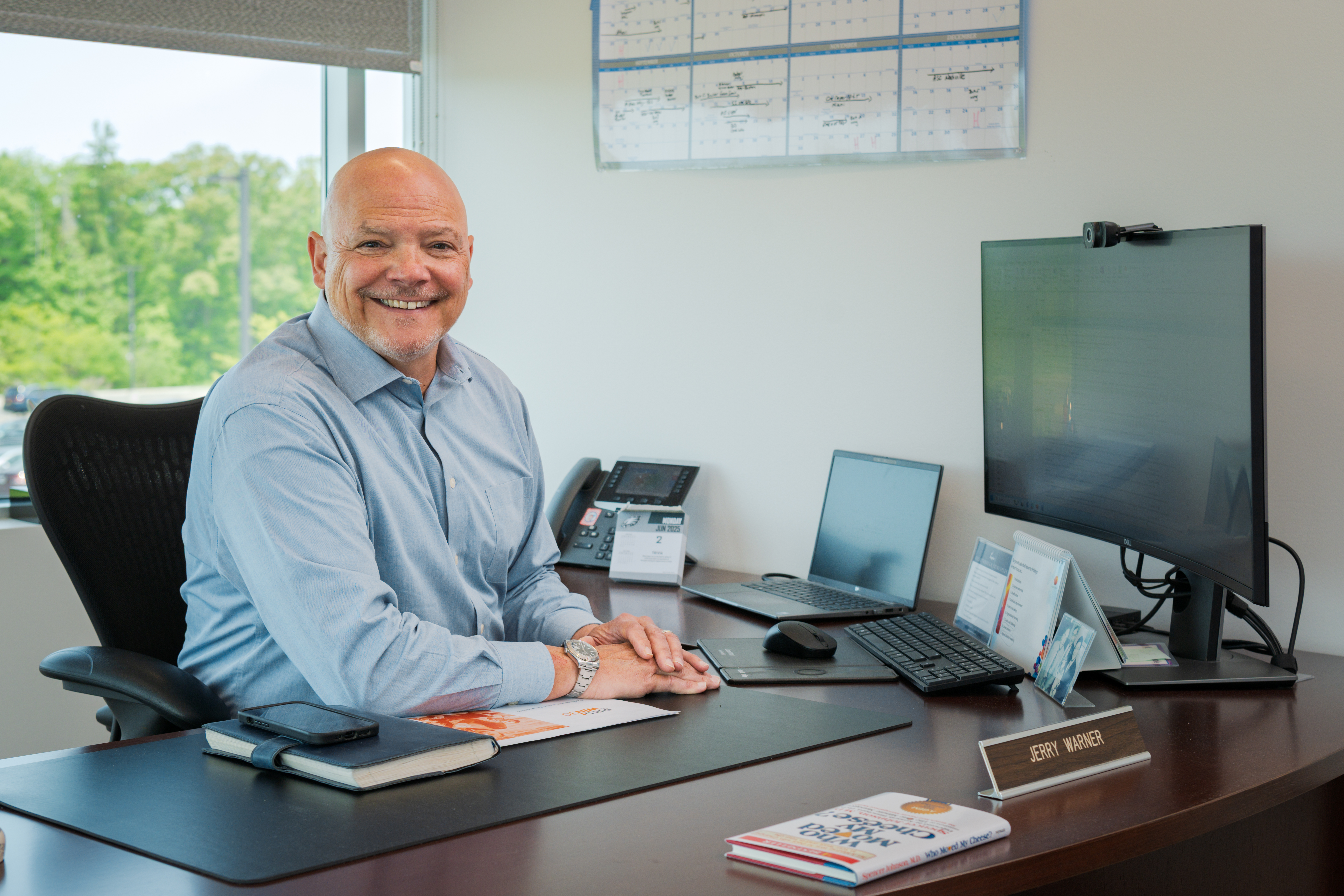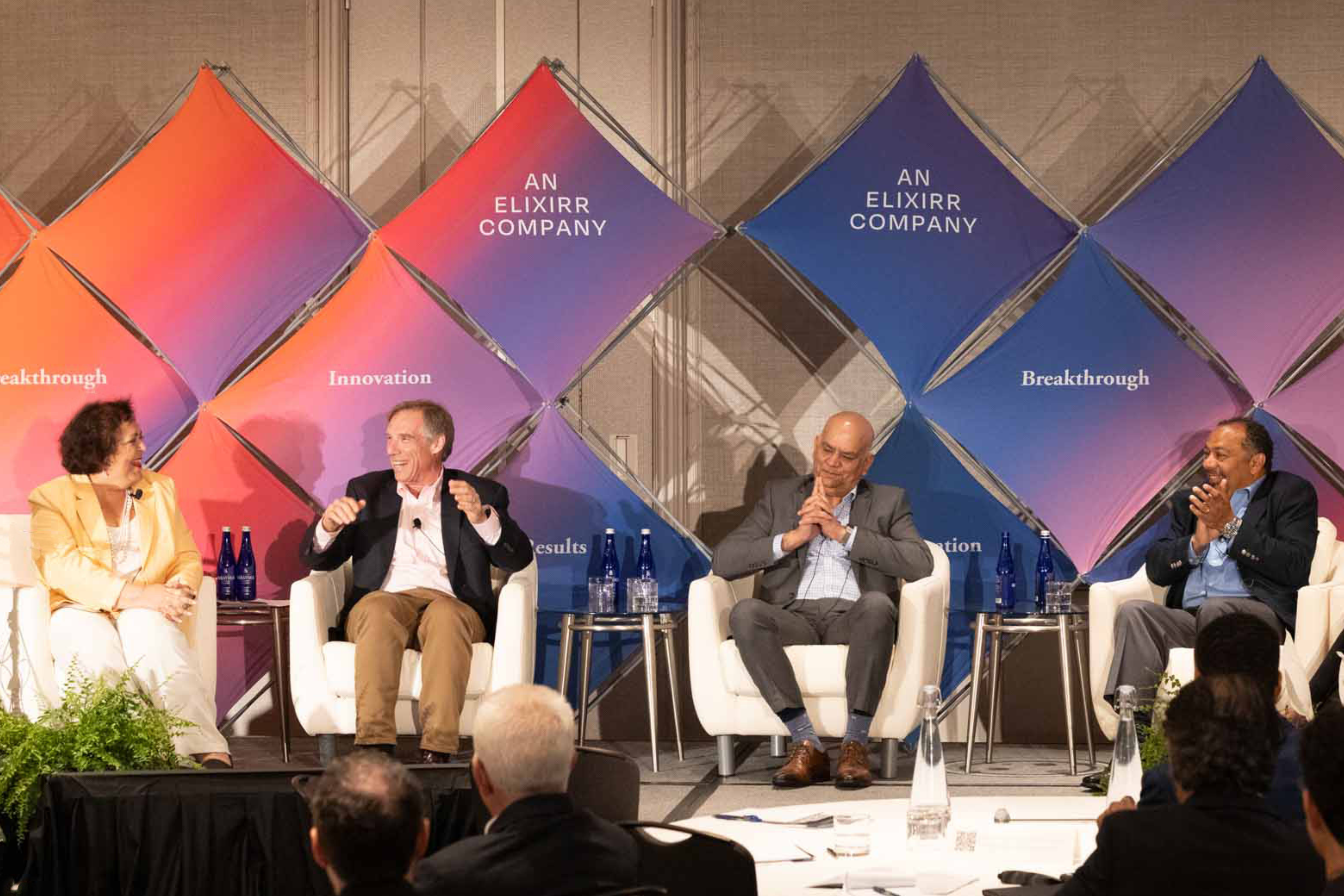Cultural Transformation at Danone Eaux France
Workers on strike. Blocked roads. No trains running, no garbage collected, gridlock, the economy at a standstill. That’s the stereotype of French labor unions’ handiwork. To call its relationship with management contentious is an understatement.
Reality is different but, in many cases, no less combative. In a 2012 Davos study of management-union cooperation in 144 countries, France ranked 137th. Danone Eaux France (DEF), the domestic sales and marketing arm for Danone’s five water brands, decided to change all that.
In 2010, the company used the existing communications channel of its works council to both reinvent the union-management relationship and transform the work of the roughly 500 employees at its Rungis Complex, outside Paris.
“Social relations” at DEF were not openly hostile, but with France’s three major unions all represented, the process of winning union buy-in to management decisions was cumbersome, time-consuming and costly. To make matters worse, unions resented being relegated to the end of the decision-making chain, having no say in changes that affected the labor force. As a result, morale suffered.
Unions in France represent white-collar employees, as well as blue-collar. In fact, they represent the entire workforce up to management even though only 8 percent of French workers belong to unions, giving them power far greater than their numbers would suggest.
The relationship is also governed by a strict set of rules and regulations and a formal structure called a works council (in France, a Comité d’Entreprise), a well-known part of organizational structures throughout Western Europe. Management presides over the council, joined by a secretary who represents the unions.
If there are multiple unions, as is typical, each has a representative attending the group’s monthly meetings where they receive the same information supplied to shareholders and auditors. So far, so polite. In reality, works councils are rubber stamps at best and shouting matches at worst. They usually come at the end of the process and are largely confined to management telling workers what has already been decided.
To make DEF’s twin cultural transformation a reality, many voices had to come together. Insigniam Quarterly organized a roundtable with the three main participants to give a clear picture of the problematic beginnings and the path to a trusting collaboration.
IQ: How would you describe the management-union relationship before you started this project?
Van de Steene: Danone had launched a culture transformation plan in 2008 called CODE (Committed, Open, Doer, Empowered/Empowering) with the goal of making Danone a great place to work and a great place to grow. Pushing that idea through with the unions had not gone well, however, primarily due to poor timing.
The initiative was very large and ambitious, and the impact of the recession was still being felt. The relationship had been injured by the recession. In 2010, the company launched its Leadership College with Insigniam as a key partner and transforming the relationship with unions was identified as one of 15 programs that would take the company into the future.
At that point, I would say that the social relationship at DEF was favorable, relatively open but still in a fairly standard situation toward the unions.
Pichon: The relationship between unions and management isn’t simple, and it’s difficult to move beyond certain limits. That is not inevitable, however, and it seemed to me that the conditions at DEF came together in a way that allowed us to do something. Social dialogue in companies is too often artificial since strategic decisions are usually already made before personnel learns about them.
IQ: How did you start the process?
Pajeot: The original idea was to do leadership development training, a program that the company was instituting around the world. We said, “Why not apply those principles to the union-management relationship?” and the unions agreed.
Pichon: We started with a two-day off-site meeting with three goals: to look at what the works council had done since 2008; to discuss how to transform DEF over the next three years in order to accomplish strategic goals and add to workforce development and well-being; and to define how the works council operates.
However, these three goals gave way to working on how to break out of the traditional roles management and unions found themselves in.
Van de Steene: We saw an opportunity to use combined management relations and social relations as a lever for the company’s ambitions, to have unions and a social relationship that contribute more to the dynamics of the company. What is the mission, what is the vocation of the works council? What is the mission of social relations?
We wanted to get into a much more constructive dialogue which incorporates unions at a higher level—to make them partners and not just a somewhat obligatory communications step that one is forced to undergo on either side. It was really the logic to break the old social relations in France and make them dynamic partners.
IQ: What are those traditional roles?
Pajeot: Each party has their own mindset and frame of reference, and no matter what happens, I filter it to match my frame of reference. So, if I’m in management, I think and see that unions are always trying to get more money and do less work, nothing more than that. Or, if I’m in a union, I think and see that the boss is always trying to get the maximum out of us and that they lie to us.
These self-perpetuating patterns of thinking become the prevailing context. They keep reinforcing each party’s pre-existing beliefs and become never-ending cycles—we call them vicious cycles.
Van de Steene: Unions will always find that the project is not sufficiently worker-oriented or beneficial, and management will defend its project at all costs. So we are trapped in a sterile debate where nobody is really listening in a generous or active way and will remain somewhat anchored on a position.
It is the history of trade unionism in France and social relations in France. There is a kind of filter in business: Management must always oppose the union and vice versa. At DEF, the relationship was not very confrontational compared to elsewhere, but I think that these filters were in place. If we anticipated by giving too much information to the unions, they would turn against management and curb projects. The initial position was always: “The less said, the better.”
On the union side, they usually think management hides the truth, is not sincere or not ready to open the doors of communication. All projects, all exchanges start on the wrong foot.
Pichon: Management has to stop “selling” projects, presenting them as faits accomplis. You have to break the vicious circles and get back to honest dialogue in order to build a relationship of trust. You have to be willing to find a new approach.
Pajeot: After a full day of listing all of the vicious cycles that the group found itself in, I said, “You are smarter than this. You are better than this. You can get to a more mature way of working together.” Then we had a dialogue the next day based in a new, co-invented context and used that to plan and establish the goals that we worked on over the next 18 months.
“Closer relations are something fragile. They need to be constantly cultivated, always worked on and require permanent transparent communication.”
—Simon van de Steene
Van de Steene: I set up a schedule of monthly meetings to work through these issues with the ultimate goal of transforming the sales and marketing functions as the first project that union and management representatives would work on together. How do I build with them? Every step is to say, “I have the mindset to really work differently.”
IQ: How do you break out of that?
And once you’ve captured this spirit and you have the integrity to stick to it on both sides, suddenly it becomes quite easy to go into a different mode of communication, to speak honestly since the filters are removed. I think the key to success was to set new rules, have the integrity to hold a different state of mind, a different culture, in our operation, and then line up, week after week, month after month, the feedback sessions.
IQ: What has been the result? How did you measure the outcomes?
Pajeot: They dramatically reduced the number of back-and-forth negotiations necessary to approve these transformation projects. All those meetings cost a lot of money because they cost a lot of time. There was more efficiency, less management time wasted.
Projects that would normally have been rejected by the works council were not rejected. People tried to work in a more modern way, stopped fighting, which is less stressful and creates a better work balance. The idea of ROI on a labor/ social relationship doesn’t exist in France, but it can. Share on X We proved that.
Van de Steene: Our two main projects both advanced quite significantly. They were transformation of the sales force—that mainly occupied us for two or three years—and improving the quality of work life, a program that was set up by Danone. For me, that was the best measure of performance.
The second measure was the feedback from each party—management and unions—on how we lived this and how everyone had the feeling of being listened to and taken into account. These measures were made at different levels by very regular feedback that allowed us to remain anchored to the guidelines.
“You have to break the vicious circles and get back to honest dialogue in order to build a relationship of trust. You have to be willing to find a new approach.”
—Yannick Pichon
Pichon: We managed to establish a relationship based on mutual trust, to recognize the expertise and development of the participants, and to transform the network of communication as it had existed.
IQ: And were these successes expanded across Danone as a whole?
Van de Steene: It became a little pioneering laboratory that made a kind of model for the rest of the business units at Danone Eaux in France and more broadly in those of the entire Danone Group in France.
Since the secretary of our works council was also the secretary of the group committee, he was in contact with the highest levels of the Danone Group. He was able to transmit it to other bodies and other social relations levels.
Pajeot: This raised a lot of interest among other leaders. People don’t understand how much pressure these union leaders get from their unions. Yannick was asked, “Did you sell yourself to the devil?” He had to face that.
IQ: Now that the project is complete, how would you characterize its success?
Van de Steene: The project is never complete. In addition to regular feedback, an annual off-site meeting is also needed to take the time to step back. Am I still on track? What is going well or going poorly? Where should I make adjustments? What are the costs of the action plans put in place?
The relationship was tested in 2013 when we had a much more difficult year, and there were workforce reductions. That was driven at the group level, so there was less capacity for DEF to appropriate the project and be able to affect it. This re-strained relations. When you are partners, you have a much more professional view of the business plan of the company, a mature look.
You have to be realistic about the fact that the company is there to make money, and that if the company is profitable, it will be able to develop the business and the workforce at the same time. Closer relations are something fragile. They need to be constantly cultivated, always worked on, and require permanent transparent communication.
Pichon: I have the profound conviction that social dialogue is not frozen in the French model. Union representatives are not adversaries but partners. I’m very clear on the fact that there is still a long way to go, that this effort is not exactly transposable everywhere. But I remain convinced that this is a long-term effort that will take several years but which will bear fruit.
“The idea of ROI on a labor/ social relationship doesn’t exist in France, but it can.”
—Guillaume Pajeot
Pajeot: The takeaway is that it’s possible to have the relationship between management and unions function as it should to fulfill its purpose. The works council should give management access to the workers and give the workers a way to make sure that they work on both the economic fortunes of the company and the development of the workforce.
It’s possible to do that in France. What is the works council’s purpose, and how can we take that and create miracles out of it?
 Simon van de Steene
Simon van de Steene Yannick Pichon
Yannick Pichon


